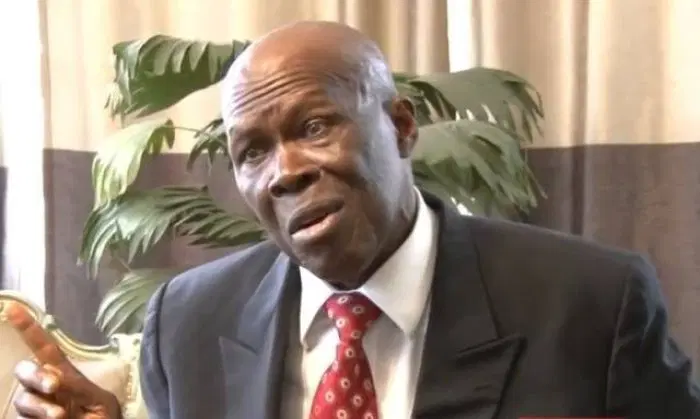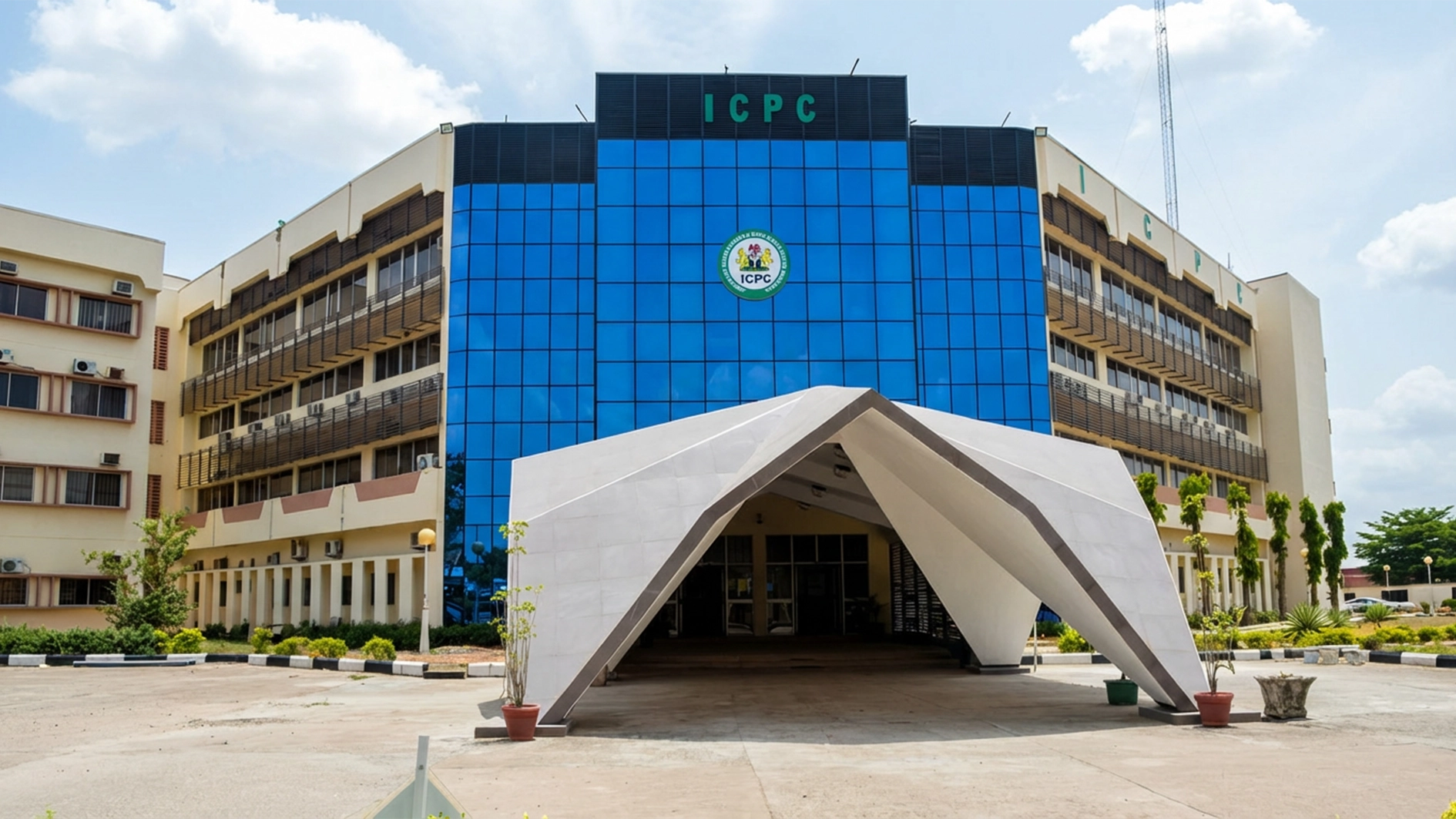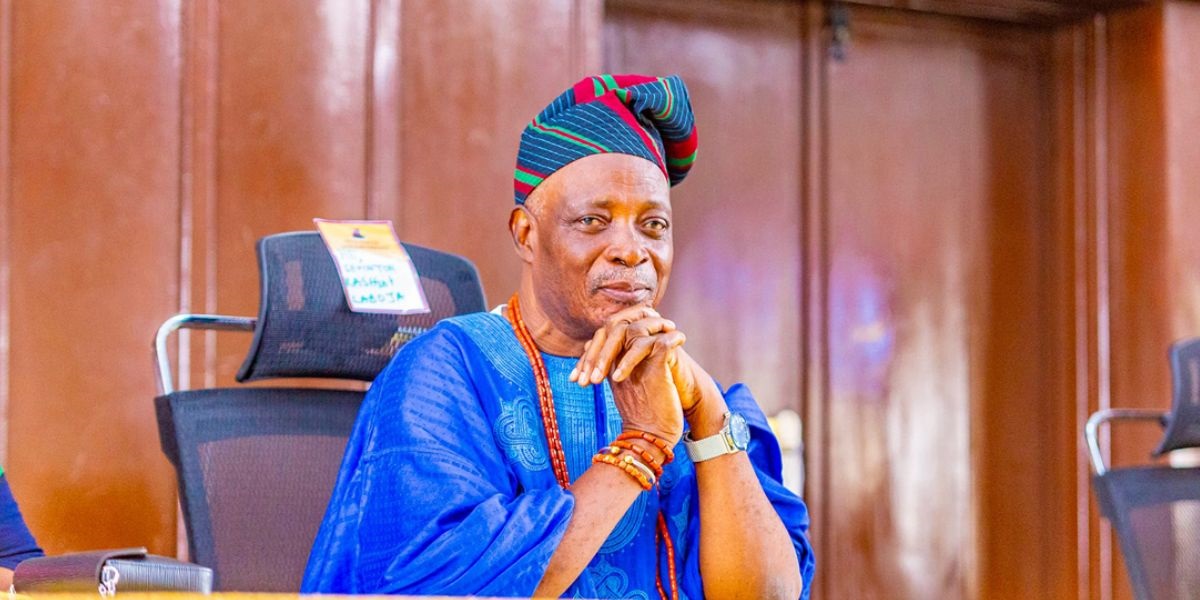
Prominent voices, including Director-General of the World Trade Organization (WTO), Dr. Ngozi Okonjo-Iweala, and Executive Secretary of the National Human Rights Commission (NHRC), Dr. Tony Ojukwu (SAN), have called for a posthumous national honour for the late Professor Humphrey Nwosu, the architect of Nigeria’s historic June 12, 1993, presidential election.
Ojukwu urged the Federal Government to confer either the Commander of the Federal Republic (CFR) or the Commander of the Order of the Niger (CON) on Nwosu in recognition of his pivotal role in Nigeria’s democratic history.
He suggested that a national Independent National Electoral Commission (INEC) building be named after him and that a university bear his name to immortalize his contributions.
Beyond Nwosu, he also advocated for past and present INEC chairpersons and national commissioners to be recognized for their roles in shaping the country’s electoral process.
Providing historical context, former NHRC Executive Secretary, Buhari Bello, reflected on the circumstances surrounding the annulment of the June 12 election, which he described as the most transparent in Nigeria’s history.
He lauded Nwosu’s introduction of the modified open ballot system, where voters queued openly to support their candidates, marking a watershed moment in Nigeria’s electoral process.
Okonjo-Iweala described Nwosu as a model academic and incorruptible public servant in a virtual tribute.
She noted that, despite not originally seeking the role of election chief, he embraced it with dedication and professionalism. She also referenced former President Ibrahim Babangida’s recent memoir, which reaffirmed the credibility of the June 12 election results.
Renowned writer, Chimamanda Ngozi Adichie, speaking virtually, emphasized the magnitude of Nwosu’s loss to Nigeria.
Recalling her childhood in Nsukka, she noted that discussions on Option A4 and Nwosu’s electoral reforms were common.
According to her, his work proved that democracy was possible in an African setting and demonstrated what could be achieved when elections were conducted fairly. She lamented that heroes are not always celebrated in their lifetimes but stressed that Nwosu’s integrity and courage should inspire future generations.
Former Minister of Information, Professor Jerry Gana, and ex-INEC Chairman, Professor Attahiru Jega, also paid glowing tributes. Jega, recalling his interactions with Nwosu, noted that while many academics lost credibility during the military era due to their alignment with authoritarian regimes, Nwosu stood out for his professionalism and integrity.
“When he was appointed chairman of the National Electoral Commission (NEC), many within academia feared he might succumb to the pressures of the time, but he proved otherwise through his commitment to fairness and transparency, setting a benchmark for electoral integrity in Nigeria,” he said.
The gathering reinforced the significance of Nwosu’s contributions to Nigeria’s democratic development, with a consensus that he deserves greater recognition. While the annulment of the June 12 election cast a shadow over his achievements, speakers agreed that his legacy continues to shape democratic discourse in Nigeria. As the nation progresses in its democratic journey, Nwosu’s memory remains a testament to the possibility of elections truly reflecting the will of the people.
The event, organised as part of his burial arrangements, brought together family, friends, and colleagues to celebrate his enduring contributions.
Nwosu, who passed away on October 20, 2024, in Virginia, United States, at 83, is best remembered for conducting the June 12, 1993, presidential election widely regarded as Nigeria’s freest and fairest poll. Although the election was annulled, it remains a landmark incident in Nigeria’s democratic evolution.






